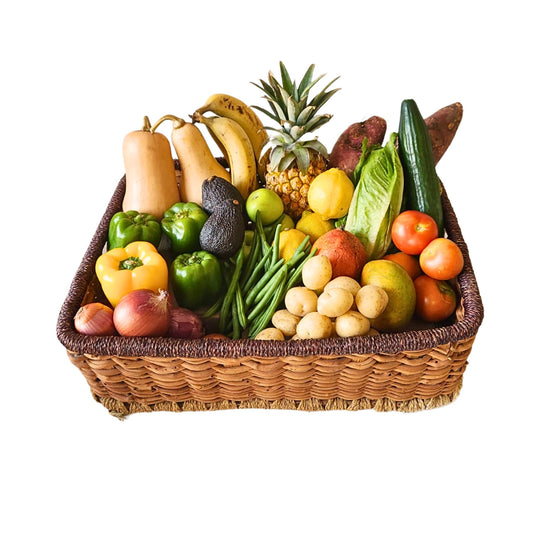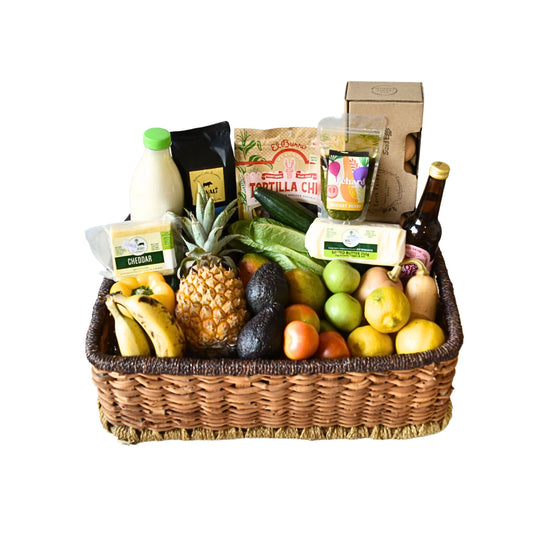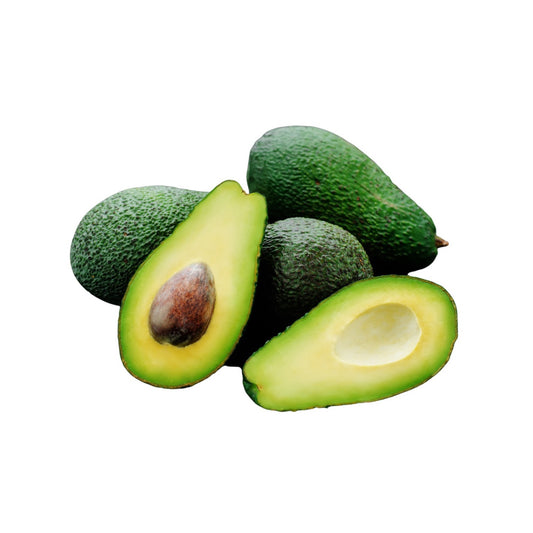Article Summary:
- Organic farming offers numerous environmental benefits, including improved soil health, enhanced biodiversity, and reduced chemical pollution. By prioritizing natural methods and sustainable practices, organic farmers contribute to environmental conservation and promote healthier ecosystems.
- Challenges such as lower yields, higher production costs, and limited availability may hinder the adoption and scalability of organic farming. However, ongoing research, innovation, and collaboration among stakeholders can help address these challenges and enhance the competitiveness of organic agriculture.
- Balancing the pros and cons of organic farming requires careful consideration of factors such as soil management, pest control, and market dynamics. By adopting a holistic approach and implementing strategies to overcome limitations, stakeholders can work towards a more sustainable and resilient agricultural system that benefits both people and the planet.
Organic farming has gained considerable attention in recent years as a sustainable alternative to conventional agriculture. This method emphasizes natural processes, biodiversity, and soil health while minimizing the use of synthetic chemicals and fertilizers. While organic farming offers several potential benefits, it also presents challenges and limitations that warrant careful consideration. In this article, we explore the advantages and disadvantages of organic farming, shedding light on its environmental, economic, and social implications. By examining both sides of the equation, we aim to provide a comprehensive overview of organic farming practices and their impact on agriculture and society.
Advantages of Organic Farming
Organic farming represents a holistic approach to agriculture, championing practices that prioritize environmental stewardship, soil health, and human well-being. By rejecting synthetic pesticides and fertilizers, organic farmers embrace natural pest management techniques, crop rotation, and composting to cultivate healthy crops while minimizing chemical exposure for farmers and consumers. This commitment to chemical-free farming not only safeguards human health but also fosters the preservation of biodiversity and ecosystem resilience by reducing chemical runoff and promoting natural pest control mechanisms.

Shop 250g Almond Butter at Orchard Food
Furthermore, organic farming nurtures soil health through regenerative practices like the incorporation of organic matter and cover cropping. By enriching the soil with essential nutrients and fostering microbial diversity, organic farmers cultivate resilient soils that are better equipped to withstand erosion, retain moisture, and support the growth of nutrient-dense crops. The result is not only improved agricultural productivity but also enhanced environmental sustainability, as healthy soils play a vital role in carbon sequestration and mitigating the effects of climate change.
Moreover, organic farming holds promise for enhancing the nutritional quality of food. Research suggests that organic fruits, vegetables, and grains may contain higher levels of certain nutrients and antioxidants compared to conventionally grown counterparts. Additionally, organic animal products often boast superior nutritional profiles, with higher levels of beneficial omega-3 fatty acids and lower levels of saturated fats and cholesterol. By opting for organic products, consumers can enjoy food that not only tastes better but also nourishes their bodies with essential nutrients and contributes to overall well-being.
Lastly, organic farming serves as a catalyst for socioeconomic development in rural communities. By creating economic opportunities, fostering local markets for organic products, and supporting family farms and small-scale producers, organic agriculture revitalizes rural economies and preserves traditional farming practices. Organic certification adds value to agricultural goods, enabling farmers to command premium prices and strengthen their livelihoods. Through their support of organic farming, consumers not only make choices that benefit their health and the environment but also contribute to the resilience and prosperity of rural communities.
Disadvantages of Organic Farming
Organic farming, while environmentally sustainable, faces several challenges that can impact its viability and accessibility. One significant drawback is the lower yields and productivity often associated with organic methods. Without the use of synthetic fertilizers and pesticides, organic farmers rely on natural pest control methods that may not always be as effective, leading to higher crop losses and reduced overall productivity. This limitation can pose challenges in meeting the demands of a growing population and may require innovative approaches to enhance yield while maintaining organic principles.
Organic farming typically entails higher production costs compared to conventional agriculture. Organic certification, stringent standards, and additional labor and resources required for practices like crop rotation and organic soil amendments contribute to increased operational expenses. These higher costs are often passed on to consumers through premium prices for organic products, limiting accessibility for individuals with lower incomes and reinforcing socioeconomic disparities in food access.
Due to limited availability and accessibility of organic food products pose challenges for consumers, particularly in rural or low-income areas. The scarcity of organic produce in certain regions restricts consumer choice and hampers efforts to adopt healthier dietary practices. Additionally, the premium prices associated with organic products can further hinder accessibility, making them less affordable for some consumers. Addressing these disparities requires efforts to expand organic farming practices and distribution networks to ensure broader availability and affordability of organic food options.

Shop 250g Cheddar Cheese at Orchard Food
Lastly, organic farmers face unique challenges in pest and weed management, relying on natural methods and biological controls to manage agricultural pests and unwanted vegetation. While these methods can be effective, they often require more time, effort, and expertise to implement successfully. The absence of synthetic pesticides and herbicides can make it more challenging to control pests and weeds effectively, leading to increased labor and management requirements. Overcoming these challenges requires ongoing research and innovation to develop sustainable pest and weed management strategies that align with organic principles.
Environmental Impact of Organic Farming
Organic farming is often lauded for its positive environmental impacts, which stem from its emphasis on sustainable practices and reduced reliance on synthetic inputs. One of the key environmental benefits of organic farming is its contribution to soil health and fertility. By eschewing synthetic pesticides and fertilizers, organic farmers prioritize practices like crop rotation, cover cropping, and composting, which enhance soil structure, promote microbial diversity, and improve water retention. Healthy soils are better able to support plant growth, sequester carbon, and mitigate the impacts of erosion and runoff, thus safeguarding ecosystem health and resilience.
Furthermore, organic farming practices prioritize biodiversity conservation by promoting natural pest control mechanisms and preserving habitat diversity. By creating diverse agroecosystems that mimic natural ecosystems, organic farmers provide habitat for beneficial insects, birds, and other wildlife species. This fosters ecological balance and resilience, reducing the need for chemical interventions and enhancing overall ecosystem health. Additionally, organic farming prohibits the use of genetically modified organisms (GMOs), thereby helping to preserve genetic diversity and reduce the risk of unintended environmental consequences associated with genetic modification.
Moreover, organic farming promotes water conservation and quality by minimizing chemical runoff and pollution. Synthetic pesticides and fertilizers used in conventional agriculture can leach into waterways, contaminating surface and groundwater and posing risks to aquatic ecosystems and human health. In contrast, organic farming practices reduce the risk of water contamination by employing natural pest control methods and organic soil amendments, thus protecting water quality and supporting aquatic biodiversity. By prioritizing sustainable water management practices and reducing chemical inputs, organic farming helps to safeguard water resources for present and future generations.
Balancing the Pros and Cons of Organic Farming
Organic farming, like any agricultural method, presents a complex interplay of advantages and challenges that must be carefully weighed to assess its overall impact. On one hand, organic farming offers numerous benefits such as improved soil health, reduced chemical exposure, and enhanced biodiversity. By prioritizing natural methods and sustainable practices, organic farmers contribute to environmental conservation and promote healthier ecosystems. Additionally, organic products often boast superior nutritional quality, making them an attractive choice for health-conscious consumers.
However, organic farming also faces several limitations and drawbacks that can impact its viability and scalability. Challenges such as lower yields, higher production costs, and limited availability may pose barriers to adoption and accessibility for both farmers and consumers. Furthermore, organic farming requires careful management of pests and diseases, as reliance on natural methods may result in increased labor and management requirements. Balancing these factors is essential for ensuring the long-term sustainability and success of organic farming initiatives.
To address these challenges, ongoing research and innovation are needed to develop new technologies, practices, and policies that support organic farming while mitigating its limitations. Integrated pest management strategies, improved soil management techniques, and advances in organic certification and marketing can help overcome barriers to adoption and enhance the competitiveness of organic agriculture. Moreover, collaboration between farmers, researchers, policymakers, and consumers is essential for fostering a supportive environment for organic farming and promoting its continued growth and development.
Ultimately, the decision to adopt organic farming practices should be based on a thorough understanding of its potential benefits and challenges, as well as consideration of local conditions, resources, and objectives. By carefully balancing the pros and cons of organic farming and implementing strategies to address its limitations, stakeholders can work towards a more sustainable and resilient agricultural system that benefits both people and the planet.










